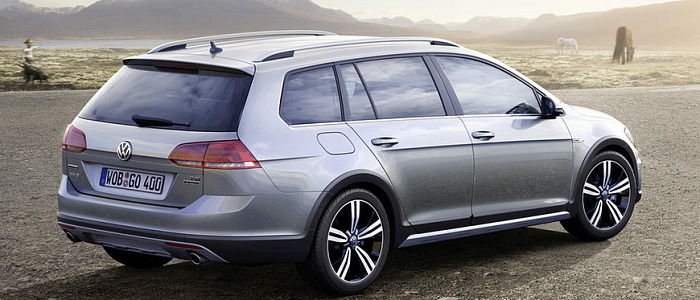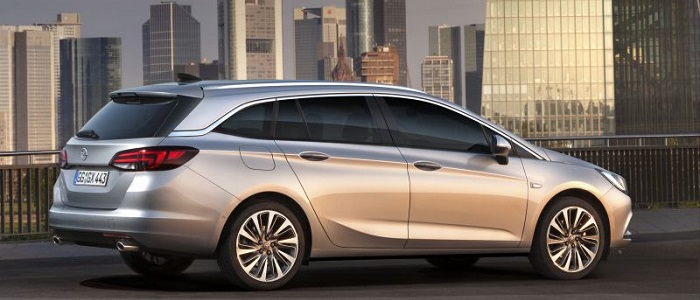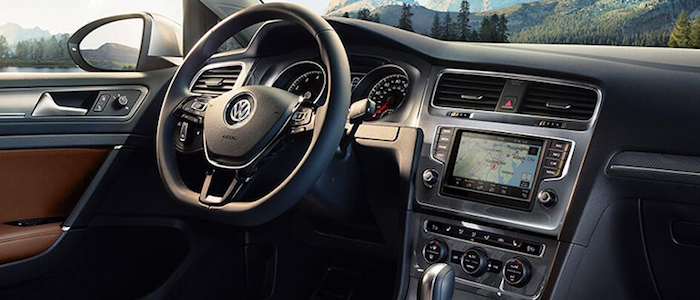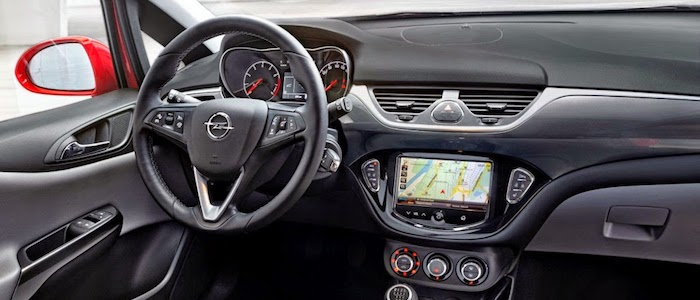Compare two cars
Compare any two cars and get our Virtual Adviser™ opinion
Dimensons & Outlines
Check vehicle history
Engine
1.6 B16DTR
Performance (manual gearbox)
Performance (automatic gearbox)
Expenses
Virtual Adviser's™ opinion
Two significantly similar cars, no doubt about that. Still, each one has something different to offer. Having both cars powered by diesel engines and utilizing the 5-door wagon body style within the same 'Small family car' segment, the only major difference here really is their wheel drive configuration (4 x 4 for the Volkswagen and front in the case of the Opel). The first one has a Volkswagen-engineered powertrain under the hood, a 4-cylinder, 16-valves 184hp unit, while the other one gets its power and torque from a 4-cylinder, 16-valves 160hp engine designed by General Motors.
SafetyThe first thing to look into here would be the results from European New Car Assessment Programme (Euro NCAP) tests performed on the two cars. Good thing is that both vehicles got tested, with the same number of safety stars gained in the process. Moving further on, let's take a closer look at some additional safety-related facts. Both vehicles belong to the small family car segment, which is generally classifying them somewhere in the middle safety-wise, but that fact doesn't break the tie between the two cars. Furthermore, taking kerb weight as an important factor into account, Golf offers a considerable difference of 10% more metal.
ReliabilityReliability is not the best thing to consider on the make level, but it is worth mentioning that both brands display similar results in faults and breakdowns, when all the models are taken into account. These are the official statistics, while our visitors describe reliability of Volkswagen, as well as Opel, with the same average rating of 4.2 out of 5. Some independent research have also placed Golf as average reliability-wise, and Astra is more or less at the same level.Above it all, drivers of cars with the same engine as Golf rank it on average as 4.6, while the one under the competitor's bonnet gets 5.0 out of 5.
Performance & Fuel economyVolkswagen is undoubtly more agile, reaching 100km/h in 1.1 seconds less than its competitor. Still, it lacks the power to win the top speed competition, topping at 219 kilometers per hour, 1km/h less than the other car. When it comes to fuel economy the winner has to be Astra, averaging around 4.1 liters of fuel per 100 kilometers (69 mpg), in combined cycle. We can't ignore that 27% difference compared to Golf.
Verdict
Opel appears just a bit more reliable, although the difference is truly marginal. The most important thing when deciding between any two vehicles should always be safety, both passive and active. In my opinion, everything taken into account, Golf offers significantly better overall protection, taking the lead here. It all continues in the same direction, with Volkswagen offering somewhat better performance, just enough to call it quicker. It does come at a cost though, and that's the fuel consumption... It's really tough to make a final decision here, but if I'd need to, I'd say Opel. In any case that's my personal view, built upon all the data available to me. What should decide here though is the way you feel about the two vehicles, and I hope you'll find my guidelines useful in the process. In case you have two minutes to spare I invite you to define your needs, desires and budget and see which car would be chosen by the virtual adviser™, out of 12.000+ vehicles we currently have in our database.




































